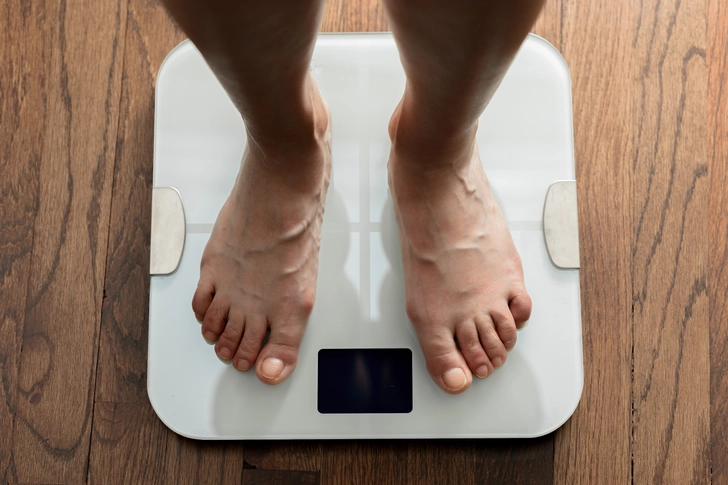What’s Sabotaging My Weight Loss?


Skipping Breakfast
Skipping breakfast may seem like a good way to cut calories, but it could be harming your weight loss efforts. Not eating breakfast can lead to overeating later in the day, making it harder to stay on track with your diet. Instead, have a high-fiber, protein-packed breakfast within an hour of waking can help you feel full until lunchtime.

Eating Too Late
Avoid late-night snacking or eating dinner too close to bedtime. Eating too late can raise your body temperature, blood sugar, and insulin levels, making it harder for your body to burn fat. Try to eat dinner at least 3 hours before sleep, and don't snack after supper.

Metabolism
Your metabolism plays a crucial role in how your body burns calories and maintains weight. Some factors that can affect your metabolism include genetics, age, and the amount of lean muscle mass you have. To boost your metabolism, try incorporating weightlifting into your exercise routine and avoid very low-calorie diets.

Stress
Too much stress can lead to emotional eating and reaching for high-calorie, high-fat foods. This can make it harder for you to lose weight. Exercising and meditating are great ways to reduce stress.

Poor Sleep
Not getting enough sleep can hamper your efforts to lose weight. Lack of sleep can slow down your metabolism and make it harder for you to burn calories. It can also lead to low energy levels, making it harder to stay active and make healthy food choices.

Genetics
Some bodies are simply better at burning fat than others. If your family has a history of obesity or weight gain, you may have to work harder to lose weight. However, this doesn't mean it's impossible, and with dedication and healthy habits, you can still achieve your goals.

Gender
A recent study suggests that it may be easier for men to lose weight quickly, while women tend to have more success with long-term weight loss efforts. Additionally, where you lose weight can differ between men and women, with men typically losing belly fat first.

Thyroid Issues
An underactive or overactive thyroid can impact your weight. Hypothyroidism can lead to weight gain due to a buildup of salt and water in the body, while hyperthyroidism may cause weight loss due to increased appetite. If you suspect your thyroid may be affecting your weight, talk to your doctor.

Underlying Medical Conditions
Certain medical conditions, such as eating disorders, heart disease, hormonal disorders, and sleep disorders, can make it difficult to lose weight. Additionally, some medications used to treat these conditions can also contribute to weight gain.

Lifestyle Factors
Not drinking enough water, waiting too long to eat, eating out too often, sitting all day, and rewarding yourself with unhealthy foods after a workout can sabotage your weight loss efforts. Be aware of these behaviors and make healthy adjustments.
Photo Credits:
Slide 1: Moment/Getty Images
Slide 2: istock/Getty Images Plus
Slide 3: istock/Getty Images Plus
Slide 4: Moment/Getty Images
Slide 5: Monkey Business Images/Shutterstock
Slide 6: Moment/Getty Images
Slide 7: E+/Getty Images
Slide 8: E+/Getty Images
Slide 9: E+/Getty Images
Slide 10: E+/Getty Images
Dong, F. International Journal of Translation & Community Medicine, February 2014.
Academy of Nutrition and Dietetics: "Metabolism Myths and Facts," "What Is Vitamin D?"
American Academy of Family Physicians: "What it Takes to Lose Weight," "What You Should Know Before You Start a Weight Loss Plan."
American Psychological Association: "Stress and Eating."
American Thyroid Association: "Thyroid and Weight."
National Sleep Foundation: "How Does When You Eat Impact Your Weight?" "Losing Weight with Sleep Apnea."
Obesity Action Coalition: "Putting the Science behind Exercise -- Workout Smarter, Not Harder."
University of Wisconsin Health: "Tips for a Healthy Breakfast," "Sleep Deprivation and Weight Gain."
Vitamin D Council: "New study suggests vitamin D supplementation helps weight loss in obese and overweight people," "Am I deficient in vitamin D?"